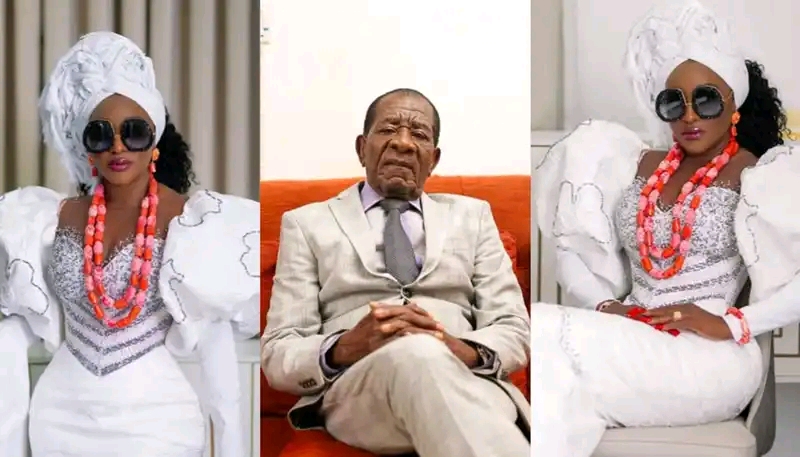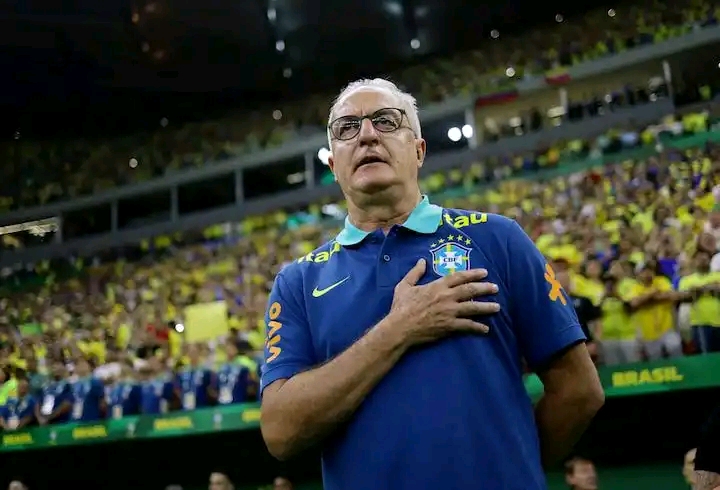
Bright Okpocha, widely recognized as Basketmouth, has ignited a wave of discussion across social media with his candid insights into the Nigerian film sector and its connection to the international streaming powerhouse, Netflix.
His comments have resonated deeply, shedding light on the challenges faced by Nollywood in the ever-evolving entertainment landscape.
The recent announcement of Netflix’s withdrawal from Nigeria has left the entire Nollywood community and its supporters reeling.
Official reports indicate that the streaming service halted its operations in the country in November 2024, pulling back the financial resources that had been instrumental in enhancing the production of Nigerian films.
This development raises significant concerns about the future of the industry and its ability to thrive without such crucial backing.
The recent decision has resulted in the unfortunate cancellation of numerous original projects from Nigeria, creating a challenging landscape for producers and filmmakers.
They now find themselves navigating the repercussions of losing a significant channel for global distribution and financial support.
As a consequence of this choice, several Nigerian original productions have been scrapped, leaving creators in a difficult position.
The loss of this vital platform for reaching international audiences and securing funding has left many in the industry reeling and searching for new opportunities.
In a recent conversation with Arise TV, the renowned comedian Basketmouth, fresh off the success of his hit film ‘A Ghetto Love Story’, candidly addressed the pressing issues plaguing the film industry.
He didn’t hold back, pointing fingers at notable figures such as Kunle Afolayan, Bolanle Austen-Peters, Femi Adebayo, and Odunlade Adekola, while shedding light on the potential decline of Netflix’s investments in Nigeria’s cinematic landscape.
Basketmouth revealed that Netflix had previously allocated a substantial $1.5 million to support various film projects, but lamented that the funds were poorly utilized.
He asserted that a mere 10% of this budget was actually directed towards the production of films, with the remainder being squandered on luxury items like houses and cars, raising serious concerns about the sustainability and integrity of the industry.
According to him he stated, “When streaming platforms entered Nigeria, they gave money to producers to make movies. However, most of them would use about 10% to produce the movie and use the rest to buy houses and cars.
“I won’t mention names, but they know themselves. I am not saying all of them but most of them. They are about 70% and more. To the point that the streaming platforms want to deal with the actors direct. These people will still go behind and tell actors to pay half back to them. You can verify this.”
Related Content
Related Content
![]()










